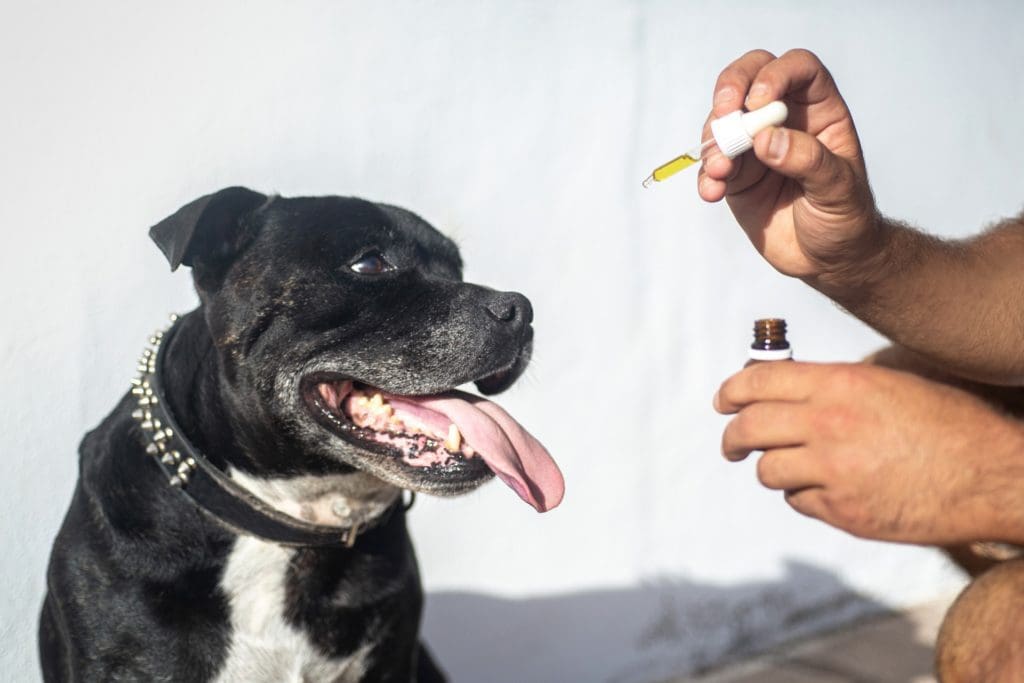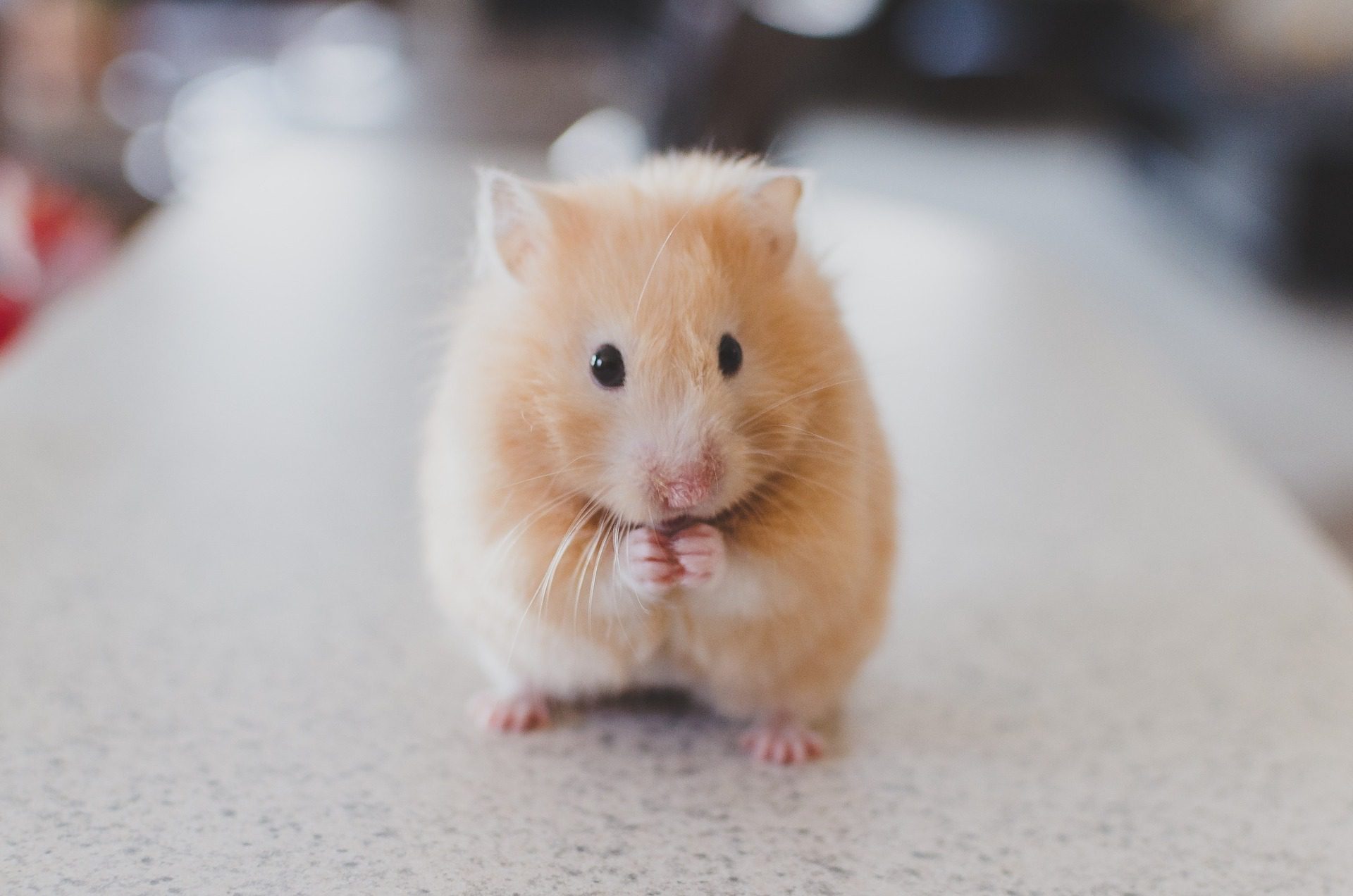CBD (derived from Hemp) products have become so commonplace. They seem to be virtually everywhere, making it no longer a surprise when they appear in what would typically seem the least expected place, like the pet supply store next to the dog food. Imagine only maybe five years ago saying you picked your dog up some Hemp-CBD oil products for pets while you were getting puppy pee pads. Well, in the wrong company, you’d be arrested. But today, it’s become almost a household staple with each family member, including the furry ones, indulging not only for health ailments but for potential daily wellness. Check out more information and advice relating to the efficacy of the substances for furry companions.
The thing to ponder with the popularity and usage, does everyone partaking in the substance have a clear cut understanding of the fundamentals of the drug. Some of our research and read and feel there could be nothing more we could learn.
But then you wander onto untapped topics, and it’s like a substance that you’ve never met before. It may be widespread and a familiar topic, but if you’re not thoroughly versed in the products you’re putting in your pet’s body, it’s vital to speak with someone knowledgeable like a vet to guide you along the path.
Interesting Tidbits On Hemp-CBD Oil Products for Pets
Every day, each minute, there are advances, more research, products created, new brands developed, and facts introduced that you as a pet parent need to stay abreast of. The health, well-being, and safety of the animal falls on your shoulders. To stay informed, ensure that you always consult with your animal’s regular vet before initiating any animal CBD treatment on your own accord.
- As the responsible party for regulating pet products, The FDA, in most cases, does not approve of CBD-Hemp use. The regulating body has taken a stance on the substance in pet products reminiscent of its take on the compound in human food. In their position, a substance intended to provide therapeutic effects or to offer a diagnosis, treat, or provide a cure/prevention of disease is a ‘drug’ about the ‘Food, Drug, and Cosmetic Act.

The takeaway is that the FDA has not approved any drugs for animals, nor have they approved using CBD substances in animal food products.
As a general rule, a majority of states in the United States, are individually determining their set guidelines pertaining to how they will regulate the substance in their region, with some following the ‘no compound in food products for pets and humans’ and some not. And there don’t seem to be repercussions regardless.
- Pets, or their parents, can strongly influence a state’s regulations regarding the legalities of the products. There are still some states with stringent rules regarding the sale of CBD derived from Hemp, one of which was Indiana. They developed comprehensive legislation relating to manufacturing and labeling, which other states have since assumed.
But the relief of the stringent rules and the incredible legislation was thanks to a puppy who needed a therapeutic solution to his chronic pain condition he was suffering due to advanced age.
His pet parent defiantly and publicly declared he would be using CBD to care for his aging dog. Fortunately, the government-backed him leading to changes in the system. That’s what pet parenting is about.
Did you know that If your cat has dandruff, CBD is a great way to reduce the dandruff as well as a variety of other ailments. It’s a natural and safe supplement that will make your pet feel better, and eliminating your cat’s dandruff could help those with cat allergies in your household.
Conclusion
Though rules and regulations make things challenging for people and their pets, the products are manufactured, the brands make them available online with sites like http://www.holistapet.com, and the benefits boasted by the properties are accessible to the animals because pet parents and their vets do all they can to stand up for the fur baby’s well-being.
In most states, the hemp-derived product is legal for possession and selling. In most scenarios, the way that it’s used is permissible with gray areas pertaining to use in pet products or human food and beverages, for some locations.
As a responsible pet parent, staying informed and being vocal when it comes to your animal needing appropriate alternative care. It does make a difference.




